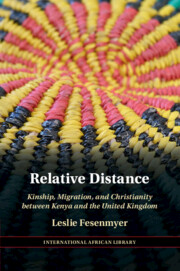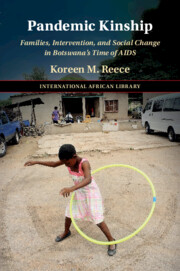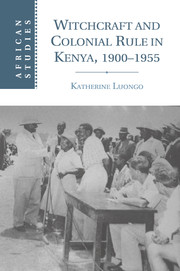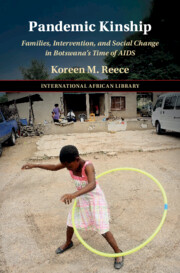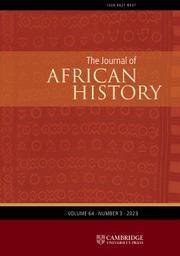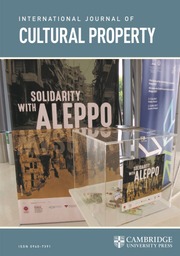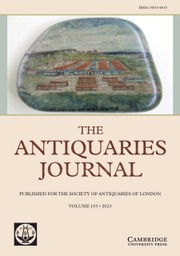Relative Distance
The socio-economic and political uncertainties of Kenya in the 1990s jeopardised what many saw as the promises of modernity. An increasing number of Kenyans migrated, many to Britain, a country that felt familiar from Kenyan history. Based on extensive fieldwork in Kenya and the United Kingdom, Leslie Fesenmyer's work provides a rich, historically nuanced study of the kinship dilemmas that underlie transnational migration and explores the dynamic relationship between those who migrate and those who stay behind. Challenging a focus on changing modes of economic production, 'push-pull' factors, and globalisation as drivers of familial change, she analyses everyday trans-national family life. Relative Distance shows how quotidian interactions, exchanges, and practices transform kinship on a local and global scale. Through the prism of intergenerational care, Fesenmyer reveals that the question of who is responsible for whom is not only a familial matter but is at the heart of relations between individuals, societies, and states.
- Draws from extensive fieldwork in Kenya and the United Kingdom to outline the crucial role of kinship in understanding transnational lives
- Analyses the perspectives of individual families to explore social, political and economic changes both locally and globally
- Explores questions of intergenerational relations, elder care, and social responsibility within and across societies
Reviews & endorsements
'This book draws the reader into the lives of family members who, over decades, share an existence across geographical distance. Against the backdrop of wider social transformations, an extremely rich ethnography is explored with the support of a complex framework based on thorough insights into the essence of anthropology and migration studies. This is the anthropology of migration at its best.' Lisa Åkesson, University of Gothenburg
'In all the scholarship on transnational kinship, Relative Distance is unique in focusing on the moral obligations and moral economies generated by migration. It reveals how the affective and the material are inextricably entangled, highlighting the tensions as well as intimacies generated by moral claims.' Cati Coe, Carleton University
'The ties binding migrants to their homelands are often narrowly measured by economic remittances. In this powerful ethnographic study of Kenyans in the UK, Leslie Fesenmyer focuses instead on the dynamics of transnational families. She vividly and compellingly shows how reciprocity, mutuality and honour are embedded in obligations based on kinship and religion.' Robin Cohen, University of Oxford
Product details
June 2023Adobe eBook Reader
9781009335065
0 pages
This ISBN is for an eBook version which is distributed on our behalf by a third party.
Table of Contents
- Acknowledgments
- Introduction
- 1. Securing the future: family, livelihoods, and mobility
- 2. Aspirations, obligations, and imagination in family migration
- 3. The making of 'migrants'
- 4. Kinship dilemmas: negotiating relatedness across space
- 5. Weddings as transnational household rituals: marriage and other intimate relations
- 6. Change and continuity: the social reproduction of families between Kenya and the United Kingdom
- 7. Conclusion
- References.

